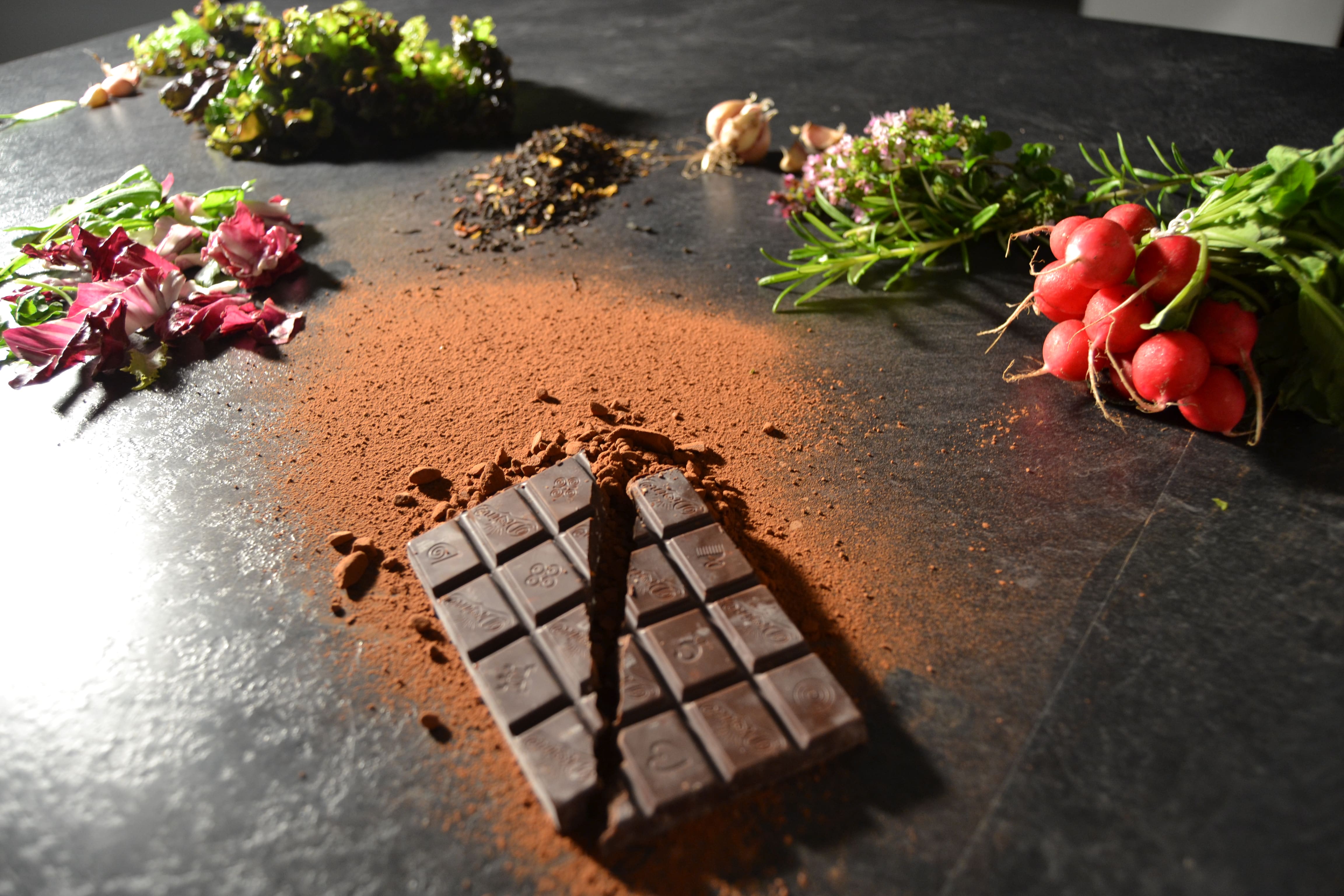Bitterness
BASAL FLAVOR: BITTERNESS
Bitterness is unique in many ways!
To differ from Sweetness or Acidity, Bitterness INCREASES Bitterness! So if you have bitter ingredients in your dish, and bitterness in your wine, the combination will be HORENDOUS! And I say this from my own perspective because another completely unique aspect Bitterness is that it is the one basal flavor that is perceived completely differently by each individual. We all pretty much taste Sweetness, Saltiness, Acidity & Umami in the same way, but the perception of bitterness varies greatly from person to person! There are people whom completely lack the ability to taste bitterness, and congratulations to them, because regardless of if some people say they enjoy bitterness, it is still considered a negative basal flavor. In it’s pure form it is downright unpleasant, and then again, when combined, WITH ITSELF, it’s even worse.
So I will give you a story, first a bit of information; there is actually a liquid called prop ???? That looks like water but tasting it is actually an easy way to measure your individual bitter-sensitivity. So to the story, I went to Umeå University in Northern Sweden, where I was studying Gastronomy; Culinary Science. Our first class changed my life forever, it was a wine/wine & food pairing class! One day we came into the classroom and our fabulous professor had prepared a test for us. We’re not talking about a written graded test here, we’re talking about something for us to test, prop ????. We each had a tiny glass of what looked like water, each person in the class tasted exactly the same liquid but the reactions couldn’t have been more different. My closest girlfriend and I were sitting in the front row agonizing in disgust, after spitting out the liquid (to this day I can still taste exactly how it tasted!) and we turn around and the girl right behind us, said it tasted pretty much like water. Jill and I continued to scrape our tongues with hand towels. This little experiment was just to show us this unique rule about the perception of Bitterness. Now here comes the fun part. There were people who could taste the bitterness a little, some a bit, some a lot, and then for some of us (me, and Jill) it was like death in a paper cup. We then found out that we were what you call a Super-taster! Which sounds super awesome, like we’re super heros or something! But in reality the luckiest of the bunch are the ones who can’t taste bitter at all. Sure if we were all cavemen, Jill and I wouldn’t end up eating some moldy frikin fruit off a tree, but as I was saying, being a super taster is in reality just a really cool-sounding handicap!
So what ingredients are bitter? Grapefruit! Raw cocoa, certain types of lettuce like arugula, radicchio, & endive, coffee, tonic water, bitter mixers (obviously), and any type of Ale.
But then of course, there’s wine! You find bitterness in a lot of wines, particularly (on the red side) young French Pinot Noirs, young Cabernet Francs & Cabernet Sauvignons, young Tannat, (on the white side) Viño Verde, some Verdiccios, French Viogniers, and many rosés. Provençal rosés are often wine where you can perceive a lot of bitterness because the wine is so delicate and lacking sweetness, that what you’re essentially left with is the bitter! Needless to say, not my personal favorite.
But this is not about me! This is about you! There are tests out there you can do to see how sensitive you are to bitterness, but you probably have a hunch already..
Anyway… avoiding bitter foods in your cooking is great if you wish to serve a wine with not only bitterness in it, here come the second bomb… Astringency, meaning tannin, bitter foods in your mouth will not only increase the perceived bitterness in the wine but also increase the feeling of tannin, that dry, mildly uncomfortable, green banana feeling stuck inside you mouth.
If you do want to cook certain bitter foods, just stick with a sweeter white wine like a Riesling Spätlese, when in doubt go Spätlese! That’s what I always say 😉
